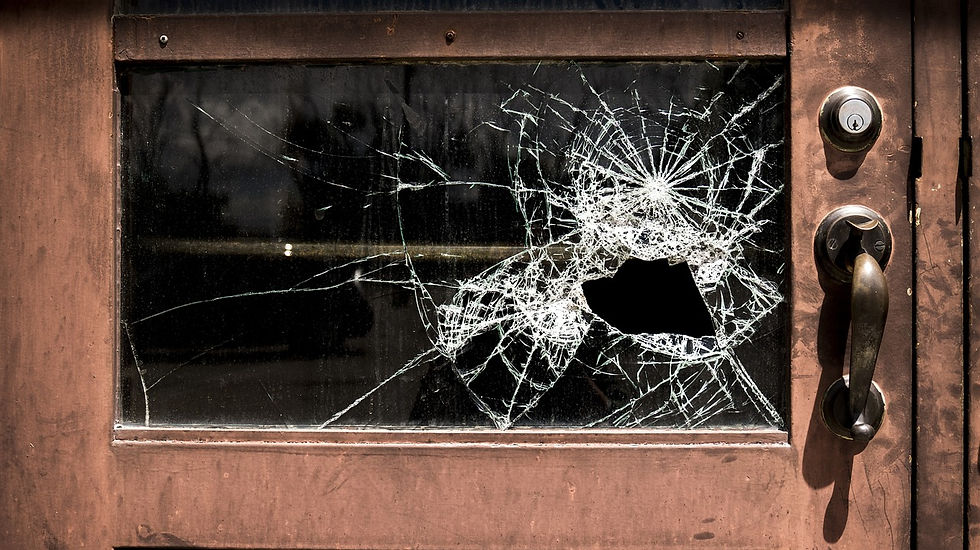Protests and Criminal Damage
- Austin & Carnley Solicitors

- Apr 3, 2024
- 3 min read
Updated: Dec 17, 2025
The Court of Appeals new stance on Protestors who Damage or Destroy Property.
Protests have been at the forefront of media attention over recent years particularly due to the criminal damage which has resulted from them. A recent decision by the Court of Appeal could have drastic consequences for those who commit an offence of criminal damage during a protest.

Criminal Damage
A person is guilty of criminal damage when they destroy or damage property belonging to another without a lawful excuse, and where they intended to destroy or damage the property or were reckless as to whether the property was destroyed or damaged.
A lawful excuse can include:
· Where a person believes that the person entitled to consent would have consented to the destruction or damage, or they would have consented had they known the circumstances; or
· The person caused the damage or destruction in self-defence using reasonable force; or
· If the damage was caused whilst that person was protecting the property and the steps taken by them were reasonable.
This defence has been used successfully by protesters in recent years particularly for climate protest groups.
The Case
The case which brought this point of law before the Court of Appeal involved a political group who carried out protests regarding climate change. These protests resulted in damage to multiple buildings including the throwing of paint and smashing of windows.
The defendants raised defences including that they had a lawful excuse to damage the property, namely the belief in consent of the owners of the property if they knew the circumstances.
Court of Appeal Judgment 18th March 2024
The Court of Appeal was asked to look at the following point of law in the case of Attorney General’s Reference on a Point of Law No.1 of 2023 [2024]:
What matters are capable of being circumstances for destruction or damage under the Criminal Damage Act 1971?
The Court of Appeal stated that neither the merits, urgency or importance of the matter being protested nor the perceived need to draw attention to the cause or situation would be included as a circumstance for a lawful excuse.
There must also be a direct link between the destruction or damage caused by the individual and the circumstances which the defendant relies on for the owner’s hypothetical consent, in order for them to be successful in raising a lawful excuse for the damage or destruction.
The Impact
The stance of the Court of Appeal is highlighted by the following statement from their judgment “that it cannot have been Parliament’s intention that a desire to make a political point or attract publicity should result in a lawful excuse for the deliberate destruction of another person’s property”.
This means that a defendant’s views on certain topics such as climate change would not be included as evidence to show the circumstances for the destruction or damage, therefore their views cannot be used to support the defence of a lawful excuse to commit criminal damage.
It is only the circumstances of the damage which are relevant for the defence. The circumstances must relate to the damage or destruction of the property, and they must also be directly linked to the owner’s hypothetical consent. The beliefs of the person causing the damage are therefore inadmissible as they are too remote from the damage or destruction.
Conclusion
The impact of the Judgment is yet to be tested in court through a subsequent case. If you or someone you know requires advice on the potential impact of this change, our specialist criminal solicitors can give you the advice you require.


